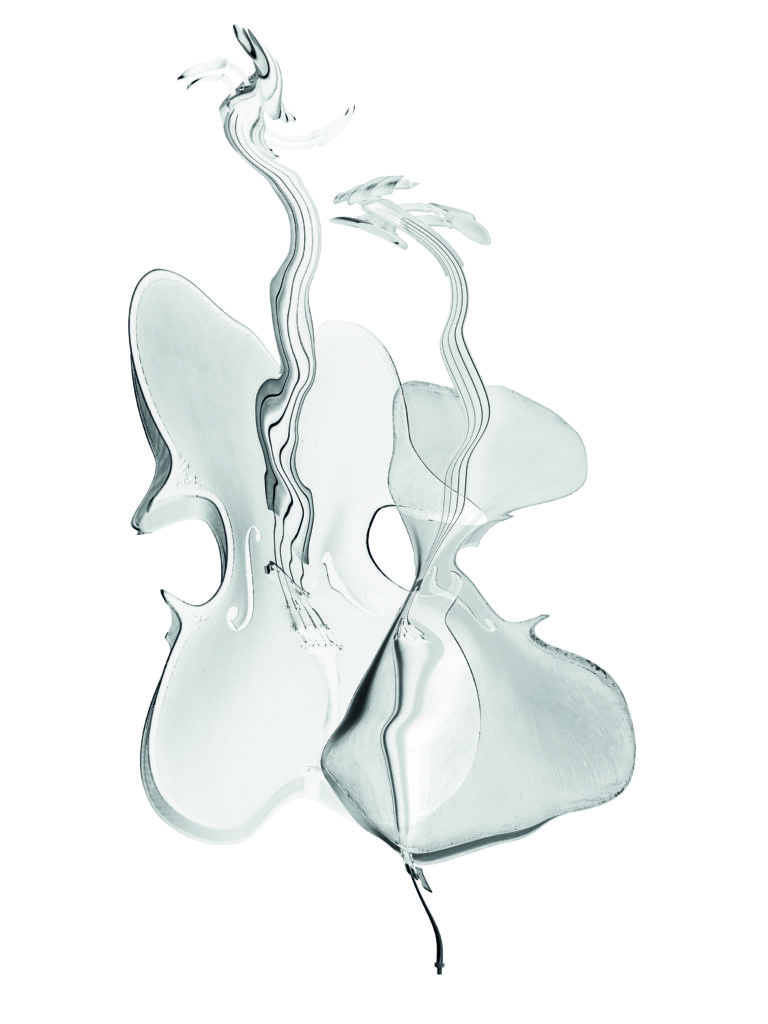Pushing the Boundaries
Feature
Zoë Keating
As a student in New York I was so happy to be in an orchestra, lost in that giant organism: being absorbed into a performance of Beethoven’s Seventh Symphony was a peak musical experience for me. When I found myself in an electronic studio with a reelto- reel tape machine, I started layering up the cello and realised I loved it. I guess I started to make my own ensemble to lose myself in…
I auditioned for the San Francisco Conservatoire but I suffered so badly from stage fright that my hands literally shook and I couldn’t play the Shostakovich Sonata I had prepared over so many months. That experience burnt me. I turned my back on that side of music-making and got into improvisation, formed a band.
Inevitably, we began to need to earn a living and I started working as a programmer in a software company in Silicon Valley. It was the dotcom boom in San Francisco and there were all these electronic musicians involved in tech, a ferment of experiment. I became a user-tester for my tech room-mate. I realised there was so much I wanted to do musically I had to figure out how to bring everything together.
Cellistically, it’s been a real journey. We spend our lives trying desperately to make a clear, projecting, beautiful tone, a sort of sonic perfection, in which every other noise of sound production is eliminated. If you layer up that cello sound it will overwhelm the audio spectrum, so I’ve learnt to make other sounds and noises with my instrument. A microphone can pick up the most amazing things, the breathy, halfsounds of bow-hair touching the string, a scrape on the side of the bridge, the fingers on the finger-board, all the sounds the audience will never be aware of. You layer those and it creates something otherworldly, almost a secret world of the cello. We spend ages working around our ‘wolf’ note, the one that will howl because of the clash of overtones, but I’ve created a whole piece just around mine.
‘I’ve learnt to make other sounds and noises with my instrument … to create almost a secret world of the cello’
Multi-tracking one instrument is really flexible, a structure in which I can be free to do things on the fly. I have quite a regimented plan of what I’ll do, but I save my mistakes and sometimes they lead me in different artistic directions. Software crashes on stage were a regular occurrence early on, which taught me how to speak to the audience.
Technology is just a means to an end. If the computer allows me to create a certain musical expression that I couldn’t do on my own, then I’ll use it. It’s more than I could ever make by myself. But, in the end, the experience we’re having isn’t about technology at all. It’s just about people existing in a moment in time.
